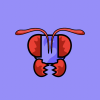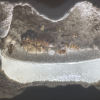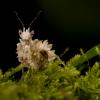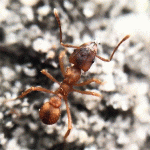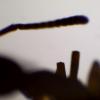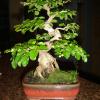I've captured a few queens in late August, and since its already reaching Fall in the United States, when should I hibernate them? Also, how can I tell if colonies are ready to be hibernated, if possible? And, what if I caught a queen during early November, (since I've caught a queen during that time before), when would I need to hibernate it?
Since I keep a Lasius Niger Colony, I've looked up when I should hibernate them, and I found that they need to be hibernated during October. But, my colony doesn't seem to show any signs of slowing down, or looking 'dead'. I've also stopped feeding them as much, since it said that you should slowly stop feeding them, when it is near the time to hibernate.
Much appreciated as always ![]()


